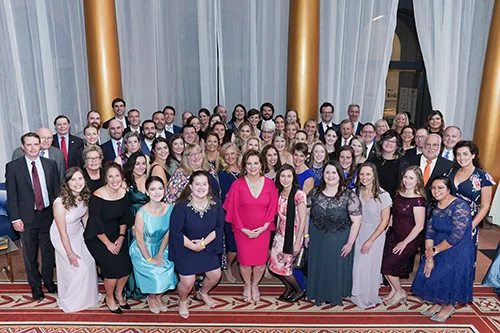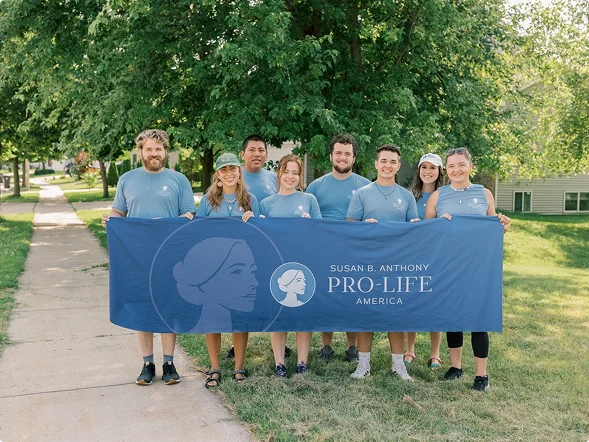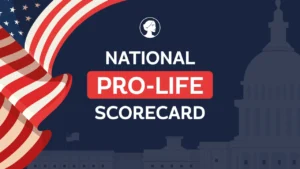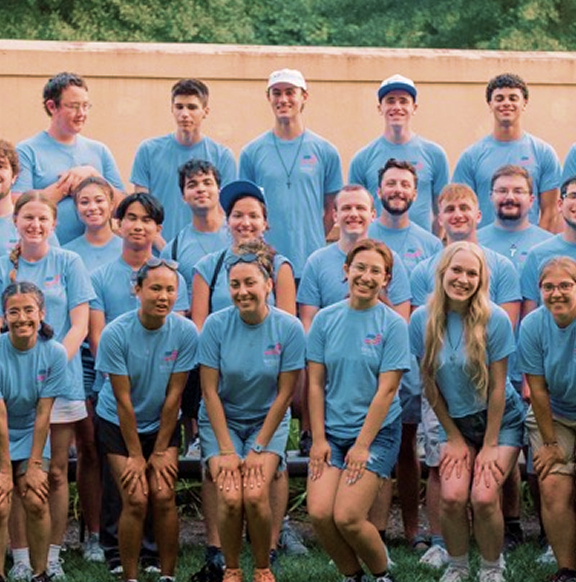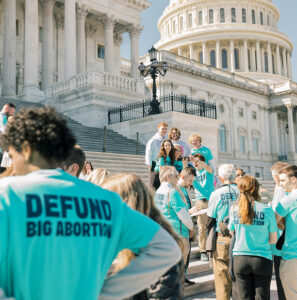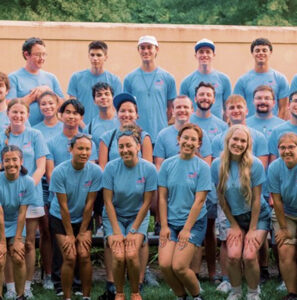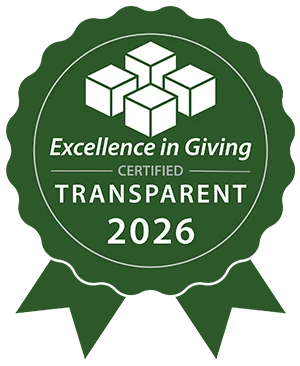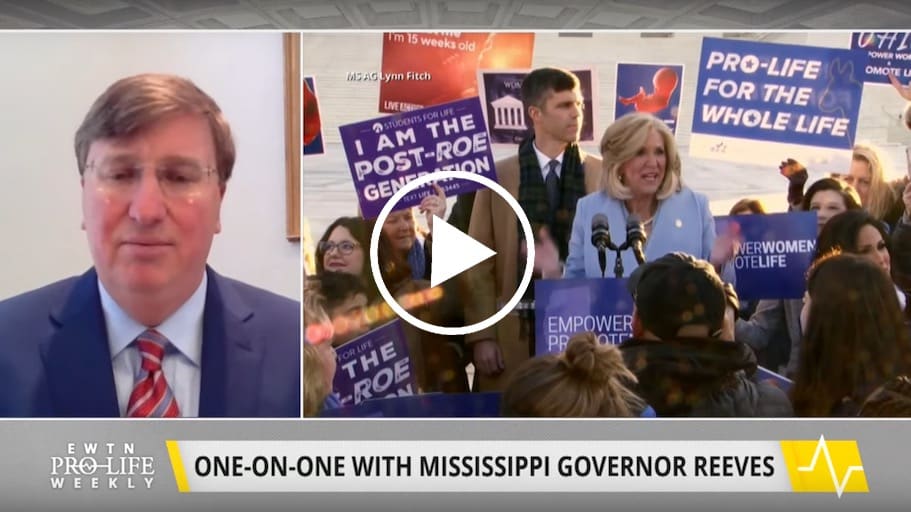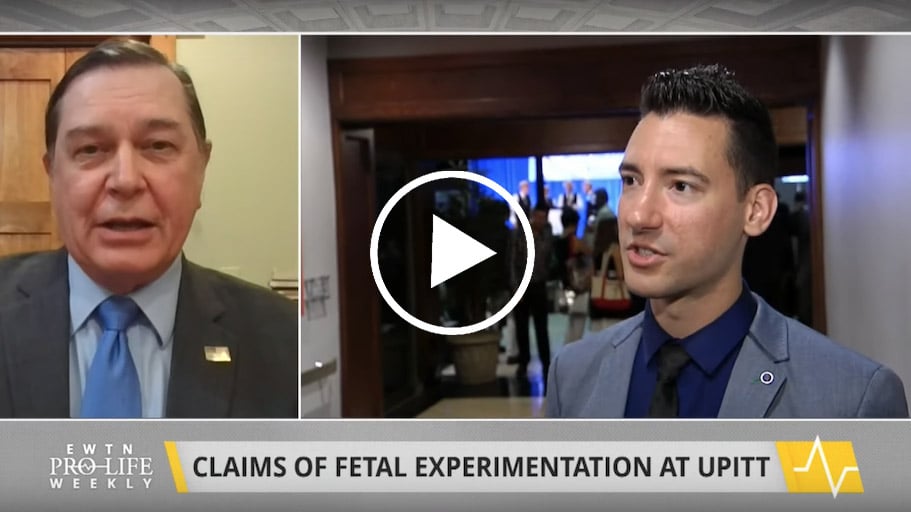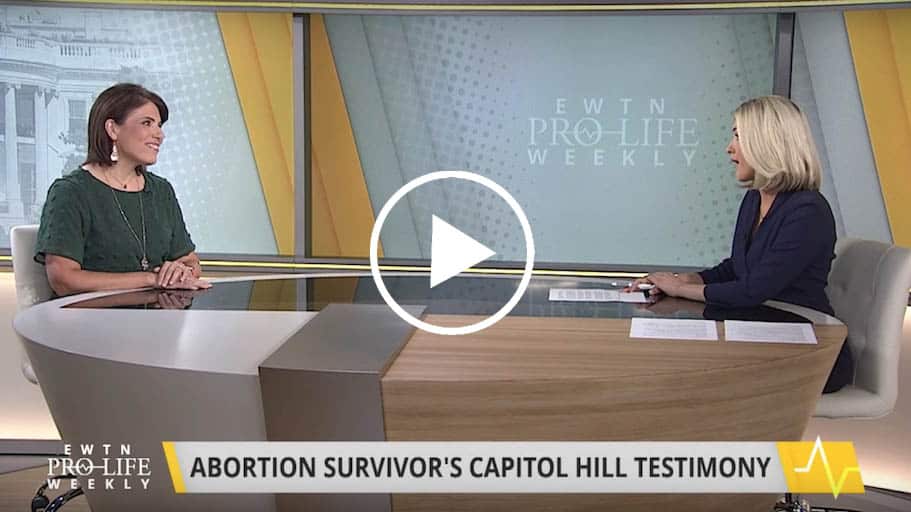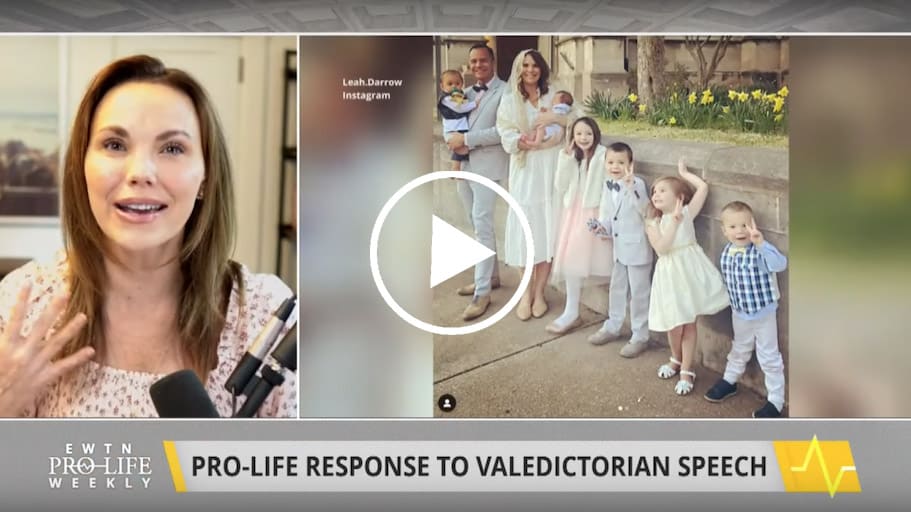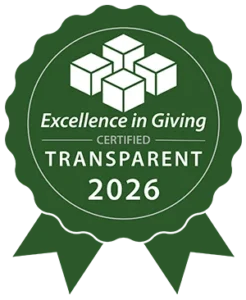- About
-
-
- About Us
- We work to end abortion by electing national leaders and advocating for laws that save lives.
SBA Pro-Life America
2776 S. Arlington Mill Dr., #803 Arlington, VA 22206
-
- About SBA
- Get in Touch
-
-
-
-
- Impact
-
-
- Impact
- See how we’re advancing pro-life laws, advocating for pro-life leaders, and protecting lives across America.
SBA Pro-Life America
2776 S. Arlington Mill Dr., #803 Arlington, VA 22206
-
- Elections
-
- Voter Contact Program
-
Through door-to-door outreach and direct voter contact, we empower communities to choose life at the ballot box.
Learn More
-
-
-
- Resources
-
-
- Resources
- We equip you with tools, data, and insights to advocate for life and hold leaders accountable.
SBA Pro-Life America
2776 S. Arlington Mill Dr., #803 Arlington, VA 22206
-
- Be Informed
- Serving Moms
-
- Scorecard
-
Find out where your legislators stand on protecting unborn babies from abortion.
See Their Ratings
-
-
- Take Action
-
-
- Take Action
-
- Get Involved
-
- Join a Student Deployment
-
Join a student deployment—travel to key states, meet voters face to face, and help elect pro-life leaders who will protect the unborn.
Learn More
-
-
- News
-
-
- News & Media
- Stay up to date with our latest victories, advocacy campaigns, and pro-life stories.
SBA Pro-Life America
2776 S. Arlington Mill Dr., #803 Arlington, VA 22206
-
- News
-
- For The Press
-
- Featured News
-
Abortion Drugs Fuel Abuse: The Women Poisoned Against Their Will
Mail-order abortion drugs have opened the door to a dangerous new form of abuse, enabling…
-
-
- About UsWe advocate for pro-life leaders and laws to build a nation that protects life.
-
-
- About Us
- We advocate for pro-life leaders and laws to build a nation that protects life.
SBA Pro-Life America
2776 S. Arlington Mill Dr., #803 Arlington, VA 22206
-
- Get in Touch
-
-
-
-
- ImpactSee how we’re advancing pro-life laws, advocating for pro-life leaders, and protecting lives across America.
-
-
- Impact
- See how we’re advancing pro-life laws, advocating for pro-life leaders, and protecting lives across America.
SBA Pro-Life America
2776 S. Arlington Mill Dr., #803 Arlington, VA 22206
-
- Top Pro-Life Issues
- Elections
-
-
-
- Voter Contact Program
-
Through door-to-door outreach and direct voter contact, we empower communities to choose life at the ballot box.
Learn More
-
-
-
- ResourcesWe equip you with tools, data, and insights to advocate for life and hold leaders accountable.
-
-
- Resources
- We equip you with tools, data, and insights to advocate for life and hold leaders accountable.
SBA Pro-Life America
2776 S. Arlington Mill Dr., #803 Arlington, VA 22206
-
- Get Educated
- Pregnant?
-
-
-
- Scorecard
-
Find out where your legislators stand on protecting unborn babies from abortion.
See Their Ratings
-
-
-
- Take ActionMake your voice heard through petitions, campaigns, and tools.
-
-
- Get Involved
- Make your voice heard through petitions, campaigns, and tools.
SBA Pro-Life America
2776 S. Arlington Mill Dr., #803 Arlington, VA 22206
-
- Get Involved
- Join Movement
-
-
-
- Join a Student Deployment
-
Join a student deployment—travel to key states, meet voters face-to-face, and help elect pro-life leaders who will protect the unborn.
Learn More
-
-
-
- NewsStay up-to-date with our latest victories, advocacy campaigns, and pro-life stories.
-
-
- News & Media
- Stay up-to-date with our latest victories, advocacy campaigns, and pro-life stories.
SBA Pro-Life America
2776 S. Arlington Mill Dr., #803 Arlington, VA 22206
-
- News
-
-
-
- For The Press
-
-
 Red Alert for GOP: Widest Enthusiasm Gap in Years Ahead of MidtermsFor Immediate Release: Feb. 26, 2026 Contact: [email protected] | View Newsroom Republicans Cannot Win …
Red Alert for GOP: Widest Enthusiasm Gap in Years Ahead of MidtermsFor Immediate Release: Feb. 26, 2026 Contact: [email protected] | View Newsroom Republicans Cannot Win … CRISIS: Alleged Abuser Drugs Texas Woman, Kills Her BabyFor Immediate Release: Feb. 25, 2026 Contact: [email protected] | View Newsroom Another Reported …
CRISIS: Alleged Abuser Drugs Texas Woman, Kills Her BabyFor Immediate Release: Feb. 25, 2026 Contact: [email protected] | View Newsroom Another Reported …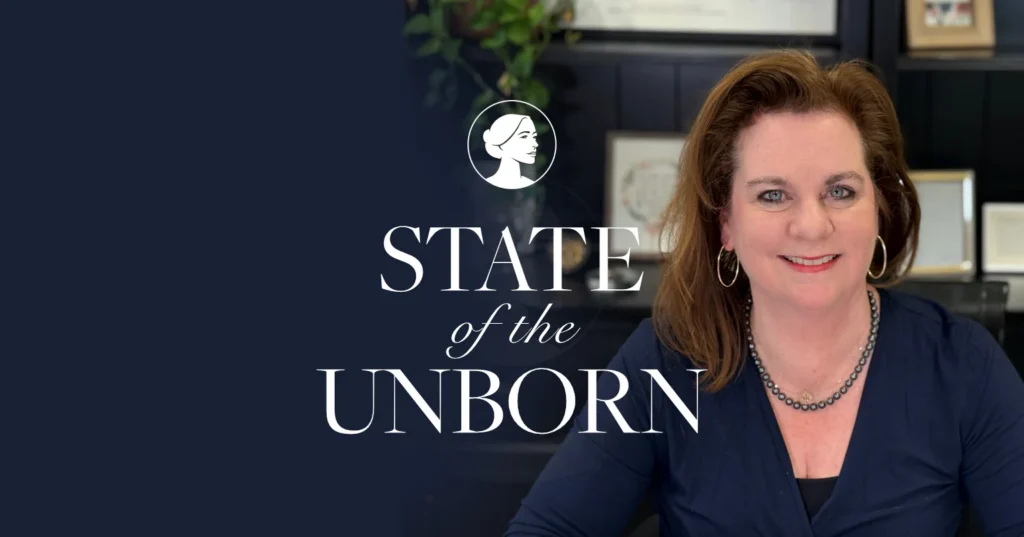 State of the Unborn: Pro-Life Leader Warns of Cost of Inaction Ahead of Midterm ElectionsFor Immediate Release: Feb. 24, 2026 Contact: [email protected] | View Newsroom Washington, D.C. – In a …
State of the Unborn: Pro-Life Leader Warns of Cost of Inaction Ahead of Midterm ElectionsFor Immediate Release: Feb. 24, 2026 Contact: [email protected] | View Newsroom Washington, D.C. – In a … NEW POLL: RFK Jr.’s Abortion Drug Policy Wildly Out of Step With MAHA, Trump VotersFor Immediate Release: Feb. 19, 2026 Contact: [email protected] | View Newsroom Base Voters …
NEW POLL: RFK Jr.’s Abortion Drug Policy Wildly Out of Step With MAHA, Trump VotersFor Immediate Release: Feb. 19, 2026 Contact: [email protected] | View Newsroom Base Voters …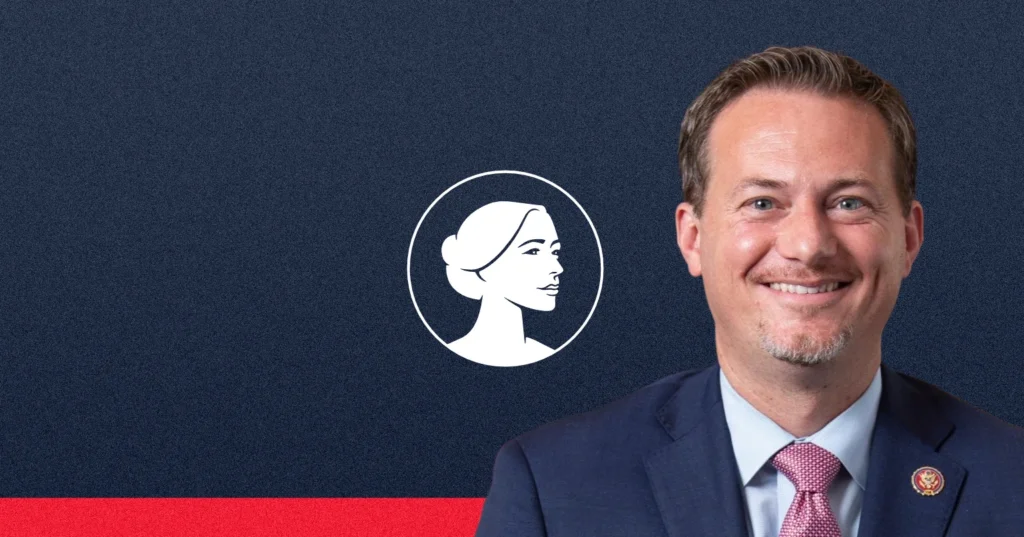 Leading Nat’l Pro-Life Group Endorses Rep. Michael Cloud for Re-ElectionFOR IMMEDIATE RELEASE: Feb. 12, 2026 Contact: [email protected] | View Newsroom Washington, D.C. – …
Leading Nat’l Pro-Life Group Endorses Rep. Michael Cloud for Re-ElectionFOR IMMEDIATE RELEASE: Feb. 12, 2026 Contact: [email protected] | View Newsroom Washington, D.C. – …
-
-
-
-
-
Donate
Your support powers life-saving laws, leaders, and advocacy that protects unborn lives.Donate By Phone or Mail 202-223-8073
SBA Pro-Life America
2776 S. Arlington Mill Dr. #803
Arlington, VA 22206
-
-
-
Giving Options
-
-
-
Stand with us — your gift protects lives.
Your generosity helps advance a culture of life that protects unborn children and supports their mothers.
Donate
-
-
Donate
Your support powers life-saving laws, leaders, and advocacy that protects unborn lives. -
-
Giving Options
-
-
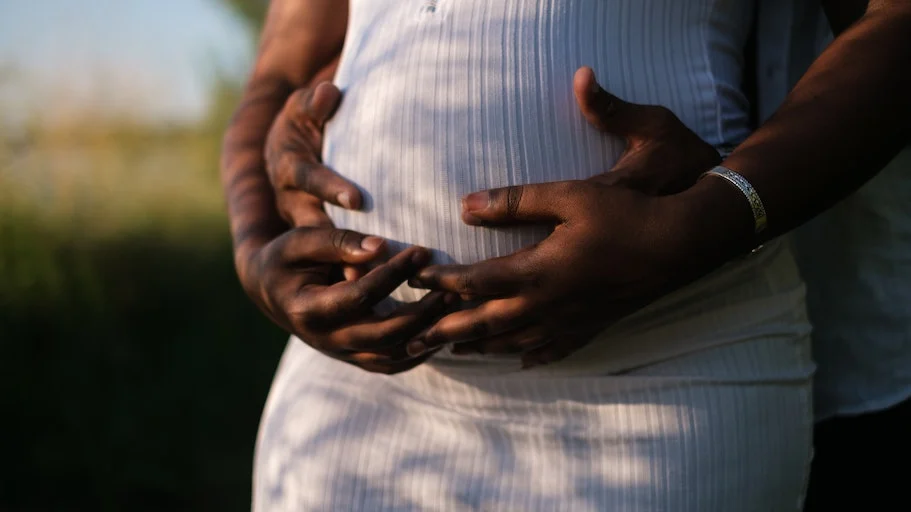
Stand with us — your gift protects lives.
Your generosity helps advance a culture of life that protects unborn children and supports their mothers.
DonateDonate By Phone or Mail 202-223-8073
SBA Pro-Life America
2776 S. Arlington Mill Dr. #803
Arlington, VA 22206
-
We work to end abortion by electing national leaders and advocating for laws that save lives.About SBA Get In Touch SBA Family of Organizations
-
See how we're advancing pro-life laws, advocating for pro-life leaders, and protecting lives across America.Top Pro-Life Issues Elections
Voter Contact Program
Through door-to-door outreach and direct voter contact, we empower communities to choose life at the ballot box.
Learn More -
We equip you with tools, data, and insights to advocate for life and hold leaders accountable.Be Informed Serving Moms
Scorecard
Find out where your legislators stand on protecting unborn babies from abortion.
See Their Ratings -
Make your voice heard through petitions, campaigns, and tools.Get Involved
Join a Student Deployment
Join a student deployment—travel to key states, meet voters face-to-face, and help elect pro-life leaders who will protect the unborn.
Learn More -
Stay up-to-date with our latest victories, advocacy campaigns, and pro-life stories.News For The Press
Abortion Drugs Fuel Abuse: The Women Poisoned Against Their Will
Mail-order abortion drugs have opened the door to a dangerous new form of abuse, enabling…
-
Your support powers life-saving laws, leaders, and advocacy that protects unborn lives.Giving Options
Stand with us — your gift protects lives.
Your generosity helps advance a culture of life that protects unborn children and supports their mothers.
Donate
Stand with us — your gift protects lives.
Your generosity helps advance a culture of life that protects unborn children and supports their mothers.
DonateDr. David Prentice
Interview with David Daleiden on claims of fetal experimentation
ByExclusive Interview with Archbishop Joseph Naumann, the USCCB’s Pro-Life Chair
BySBA Pro-Life America's mission is to end abortion by electing national leaders and advocating for laws that save lives, with a special calling to promote pro-life women leaders.
